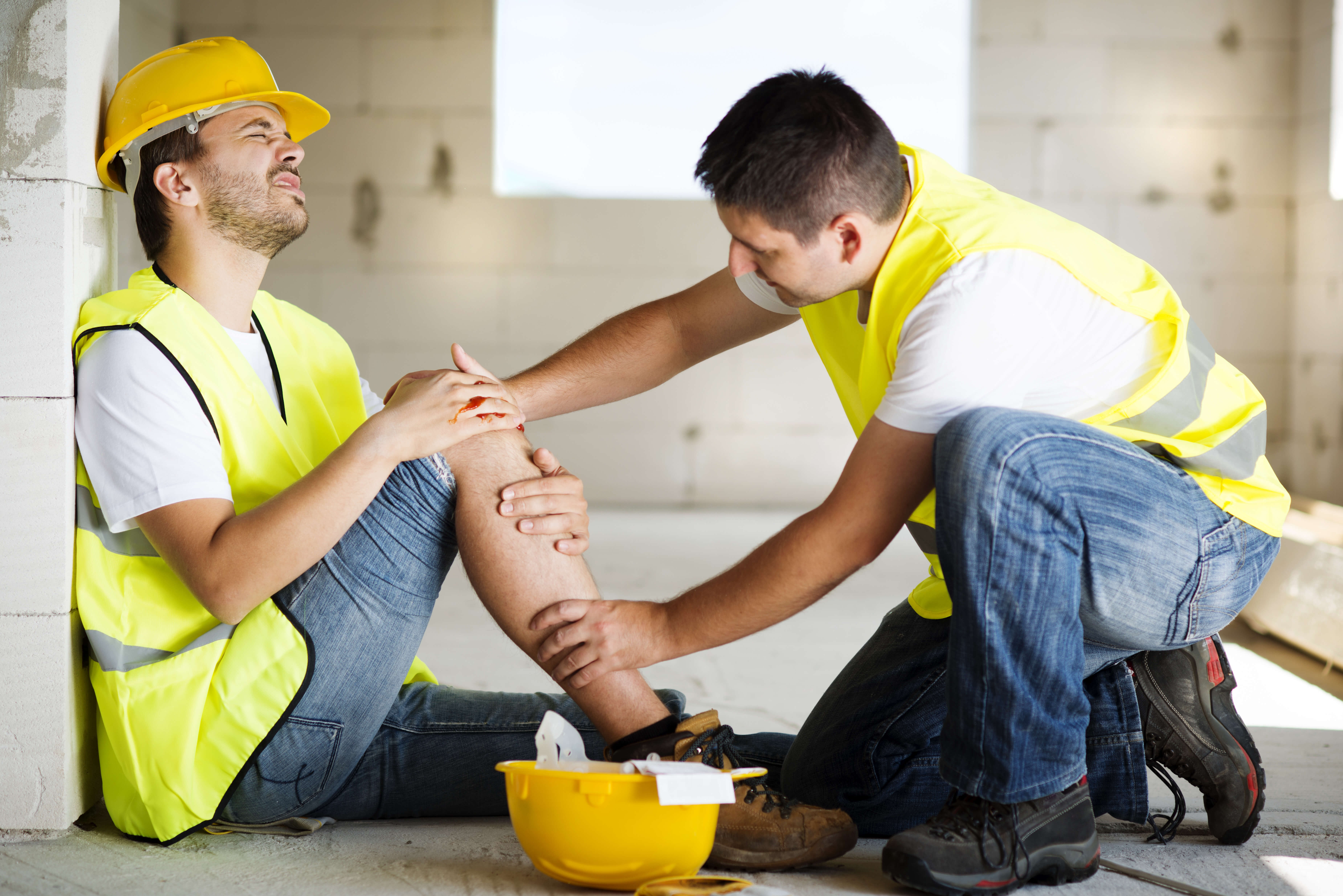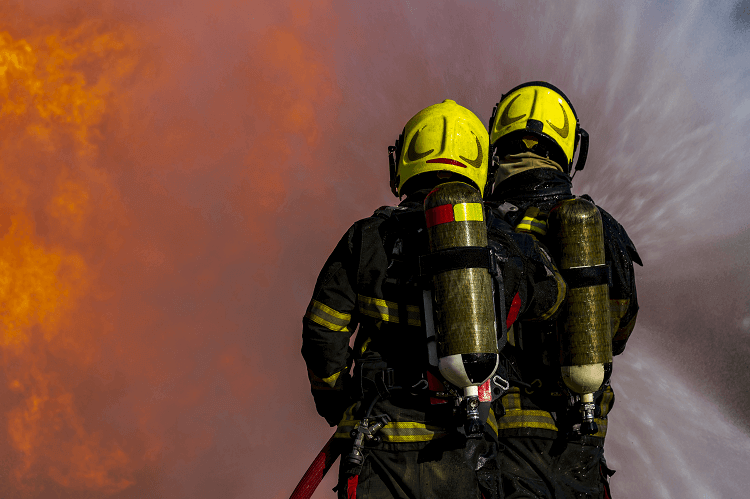As an employer, you’re undoubtedly familiar with RIDDOR and your reporting obligations. However, the COVID-19 outbreak poses a new challenge.
In this article, we’re going to take a look at whether coronavirus changes the way you report incidents in the workplace. And, if it does, what those changes mean for your business.
But before you read on, remember you can contact us on 01455 858 132 for immediate support. We also have back to work advice for your business for the challenging months ahead.
H&S reporting in relation to coronavirus
Before we take a look at RIDDOR reporting, it’s important to cover the fundamental health & safety responsibilities you have as an employer.
For example, you should produce and publish (usually on your website) a risk assessment before any staff members return to work. That's if you have over 50 employees.
If you don’t have that many employees, you still must conduct an assessment and relay the results to your workforce.
Ideally, this should eliminate the threat of exposure to COVID-19 in your workplace, removing the need to use RIDDOR for coronavirus.
However, accidents do still happen. So what are your obligations when an employee is exposed to the virus inside work, or as a result of their job?
COVID-19: Employers obligations on RIDDOR reporting
The first thing to note is you only need to report incidents involving staff through RIDDOR. So you don’t have to report it through RIDDOR if an incident involves one of the following:
- Members of the public.
- Patients.
- Care home residents.
- Service users.
There are three types of coronavirus incident and accidents that require reporting to HSE. These are a:
- Dangerous occurrence.
- Case of disease.
- Work-related death due to exposure to a biological agent.
What do each of these mean? Let’s take a closer look.
RIDDOR reporting for COVID-19
There are three key points to understanding your obligations under the Reporting of Injuries, Diseases and Dangerous Occurrences Regulations:
1. Do I have to report COVID-19 cases at work under RIDDOR?
Yes. There are three types of incidents that need reporting to the HSE. These are:
- A dangerous occurrence: This is an accident or incident at work that has, or potentially could have, led to the release or escape of coronavirus.
- A case of disease: This is when a staff member receives a diagnosis of having COVID-19. So, they’ll need reporting due to occupational exposure to coronavirus.
- A work-related death due to exposure to a biological agent: RIDDOR reporting in this circumstance is only likely to apply to those working directly with the virus, such as the NHS. This is when a worker dies as a result of direct occupational exposure to a coronavirus sample.
2. When to report COVID-19 under RIDDOR
You need to report COVID-19 related incidents when they fall into one of the three categories listed and within the allotted time frame for that incident. For example,
Reporting dangerous occurrences at work involving COVID-19, must be done within 15 days of the incident occurring.
If the incident involves a fatality, report it within 10 days. It should also specify death due to exposure to a biological agent using the “case of disease” report form.
3. How to report COVID-19 related incidents under RIDDOR
Once you know the nature of the incident, you need to complete an online HSE form.
Work-related fatalities and RIDDOR
The regulations weren’t created specifically for coronavirus. So, it’s good to remind ourselves of what needs reporting and what doesn’t. Particularly where workplace fatalities are concerned.
You must report all work-related accidents that lead to death (not including suicides or sudden deaths such as a cardiac arrest) that occur on work premises including to non-workers.
You must also report deaths if they arise from a work-related accident, including through non-consensual physical violence to an employee.
What counts as reasonable evidence of exposure at work?
This is a difficult question to answer. Particularly as you can’t monitor employees outside of work where they may have been exposed to the virus.
All you can do, as an employer, is keep records every step of the way.
If you have measures in place to prevent the spread of COVID-19, have these measures been followed? If an employee has failed to follow the measures you’ve set out, why have they failed?
These questions can provide you with valuable evidence. However, as this is a relatively new situation employers are finding themselves in, it’s difficult to say exactly what you can rely on.
That’s why we’d advise you to be extremely cautious—and review your safety measures thoroughly and regularly.
Expert support
If you have more questions on RIDDOR, or any other health & safety issue, speak to one of our experts today on 01455 858 132.
Related resources
Categories
- Business Advice
- Contracts & Documentation
- Culture & Performance
- Disciplinary & Grievances
- Dismissals & Conduct
- Employee Conduct
- Employment Law
- End of Contract
- Equality & Discrimination
- Health & Safety
- Hiring & Managing
- Leave & Absence
- Managing Health & Safety
- Moving
- Occupational Health
- Pay & Benefits
- Recruitment
- Risk & Welfare




